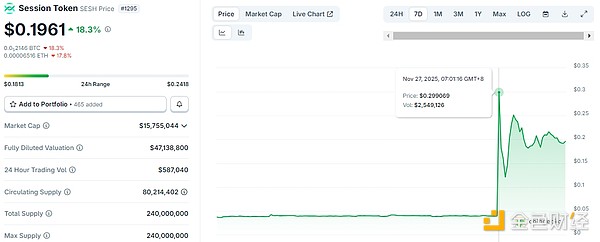Japan Proposes Bitcoin ETFs and Crypto Financial Reclassification
- Main event, leadership changes, market impact, financial shifts, or expert insights.
- Reclassifying crypto boosts investment pathways.
- Bitcoin ETFs may attract institutional capital influx.
Japan’s Financial Services Agency (FSA) has proposed classifying cryptocurrencies as financial products under the Financial Instruments and Exchange Act, while also planning the launch of Bitcoin ETFs. This initiative aligns with the country’s digital innovation growth strategy.
Reclassification Proposal and Its Implications
The FSA’s proposal aims to reclassify cryptocurrency under the Financial Instruments and Exchange Act , enabling new investment products like Bitcoin ETFs. This move, aligned with Japan’s “New Capitalism 2025” plan, supports digital growth. The introduction of Bitcoin ETFs and a flat 20% tax rate on crypto gains could attract more institutional investment, providing regulated investment opportunities for broader financial participation.
With around 12 million active crypto trading accounts in Japan, this regulatory clarity is expected to significantly impact trading volumes and asset inflows. By reducing the tax rate from 55%, the proposal makes crypto investments more attractive both domestically and internationally. The approval and incorporation of Bitcoin ETFs could result in increased transparency and legitimacy for crypto markets.
Global Trends and Market Impact
The anticipated introduction of Bitcoin ETFs follows historical trends set by the U.S. and Canada, which experienced increased institutional interest after similar regulatory changes. Japan’s regulatory shift aligns with global standards, potentially encouraging further innovations in blockchain technology.
The movement towards reclassification illustrates a proactive approach to blending financial regulation with technological advances, positioning Japan as a leading market for digital assets.
On Tuesday, Japan’s Financial Services Agency (FSA) proposed a set of rules classifying crypto under the Financial Instruments and Exchange Act as early as 2026. The agency aims to legalize Bitcoin exchange-traded funds (ETFs) and replace the current progressive tax of 55% with a flat 20% on crypto gains. – FSA Official Announcement, Financial Services Agency, Japan
If enacted, financial products like ETFs will likely see growth in investor activity. BTC and ETH are the primary candidates for this change, leading to wider adoption and investment. Japan’s strategic regulatory advancements may set a precedent for global markets, fostering broader acceptance of cryptocurrencies within traditional financial frameworks.
| Disclaimer: The content on The CCPress is provided for informational purposes only and should not be considered financial or investment advice. Cryptocurrency investments carry inherent risks. Please consult a qualified financial advisor before making any investment decisions. |
Disclaimer: The content of this article solely reflects the author's opinion and does not represent the platform in any capacity. This article is not intended to serve as a reference for making investment decisions.
You may also like
Bitcoin security reaches a historic high, but miner revenue drops to a historic low. Where will mining companies find new sources of income?
The current paradox of the Bitcoin network is particularly striking: while the protocol layer has never been more secure due to high hash power, the underlying mining industry is facing pressure from capital liquidation and consolidation.

What are the privacy messaging apps Session and SimpleX donated by Vitalik?
Why did Vitalik take action? From content encryption to metadata privacy.

The covert war escalates: Hyperliquid faces a "kamikaze" attack, but the real battle may have just begun
The attacker incurred a loss of 3 million in a "suicidal" attack, but may have achieved breakeven through external hedging. This appears more like a low-cost "stress test" targeting the protocol's defensive capabilities.


